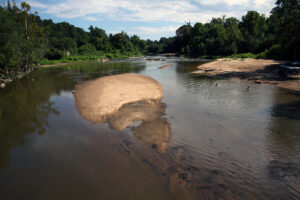News
Riverkeeper Reports: Heavy metal, turbidity testing on the Upper Neuse
Posted on February 2nd, 2023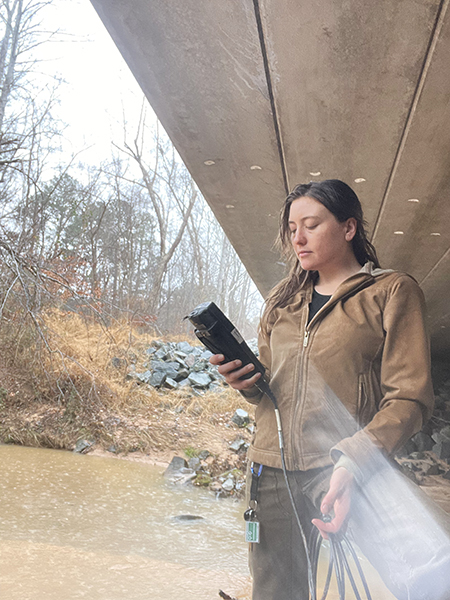
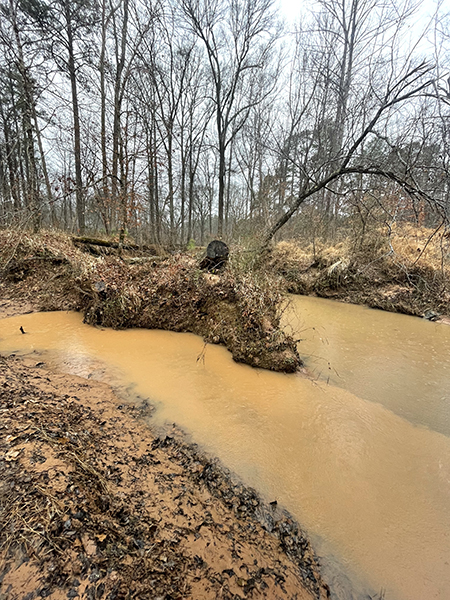
Neuse Riverkeeper Samantha Krop was in the field this week, testing in places where sediment is inundating waterways after a rain.
She and intern William Wallace headed out to Lick Creek in Durham, an already impaired creek further threatened by sediment runoff from land cleared to make way for many developments currently under construction. At the confluence of Martin Branch and Lick Creek near Kemp Road, the issue was apparent, according to Sam.
“The turbidity reading on Lick Creek went up over three times after the sediment-filled Martin Branch met it,” Sam said.

Sam has been working closely with community members in the Lick Creek area, and urging Durham City Council members to lay off approving more developments until better sedimentation and erosion control ordinances can be put in place. The erosion of sediment from construction sites into Lick Creek and other small waterways — turning the water a “tomato soup” red — is problematic for several reasons. The very fine clay soil easily erodes and doesn’t easily settle, remaining suspended in the water. This can harm aquatic life and provide attachment places for other pollutants, particularly heavy metals and bacteria.
Lick Creek is also a tributary of Falls Lake, a major source of drinking water.
Sam and Lick Creek-area residents celebrated a win earlier this month, after the Durham City Council declined to approve the construction of another large housing development, citing water-quality issues.
Sam followed up her testing with a call to North Carolina Department of Environmental Quality to report the sediment violation.
Sam and William followed up the Lick Creek testing with another field excursion, this time take samples to be tested for heavy metals at a site in Wake Forest.
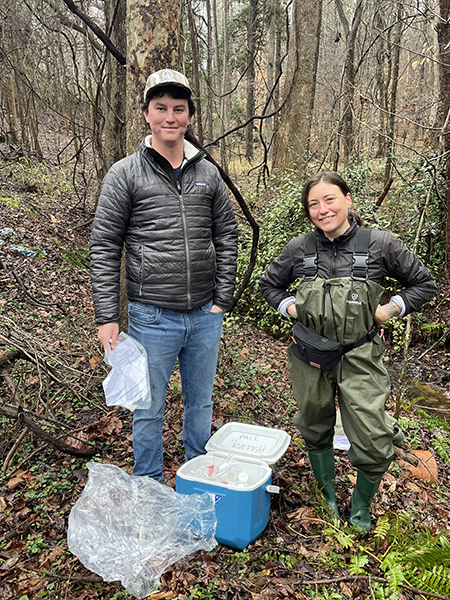
Related News
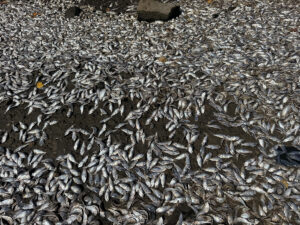
Neuse fish kill expected to extend beyond holiday weekend
July 3rd 2025
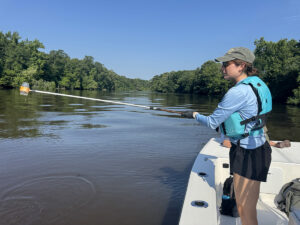
Swim Guide fails prompt Maple Cypress investigation
July 3rd 2025

Riverkeeper, town partners root out source of Smithfield sediment pollution
July 3rd 2025
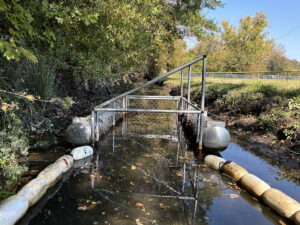
Trash trap No. 12 approved for Smithfield
July 3rd 2025
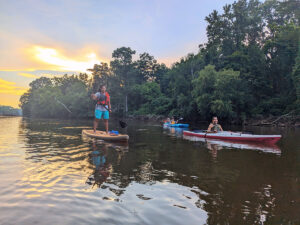
Sunset River Paddle fundraiser boosts Water Quality Fund
July 3rd 2025

Riverkeepers host quarterly Water Watch meeting
July 3rd 2025
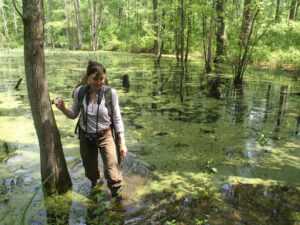
Public hearing will determine the fate of many NC wetlands
June 26th 2025
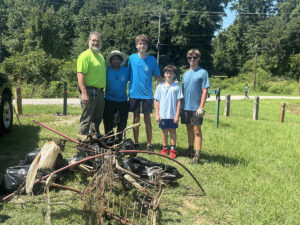
Clayton gets first official trash-trap cleanout
June 25th 2025
